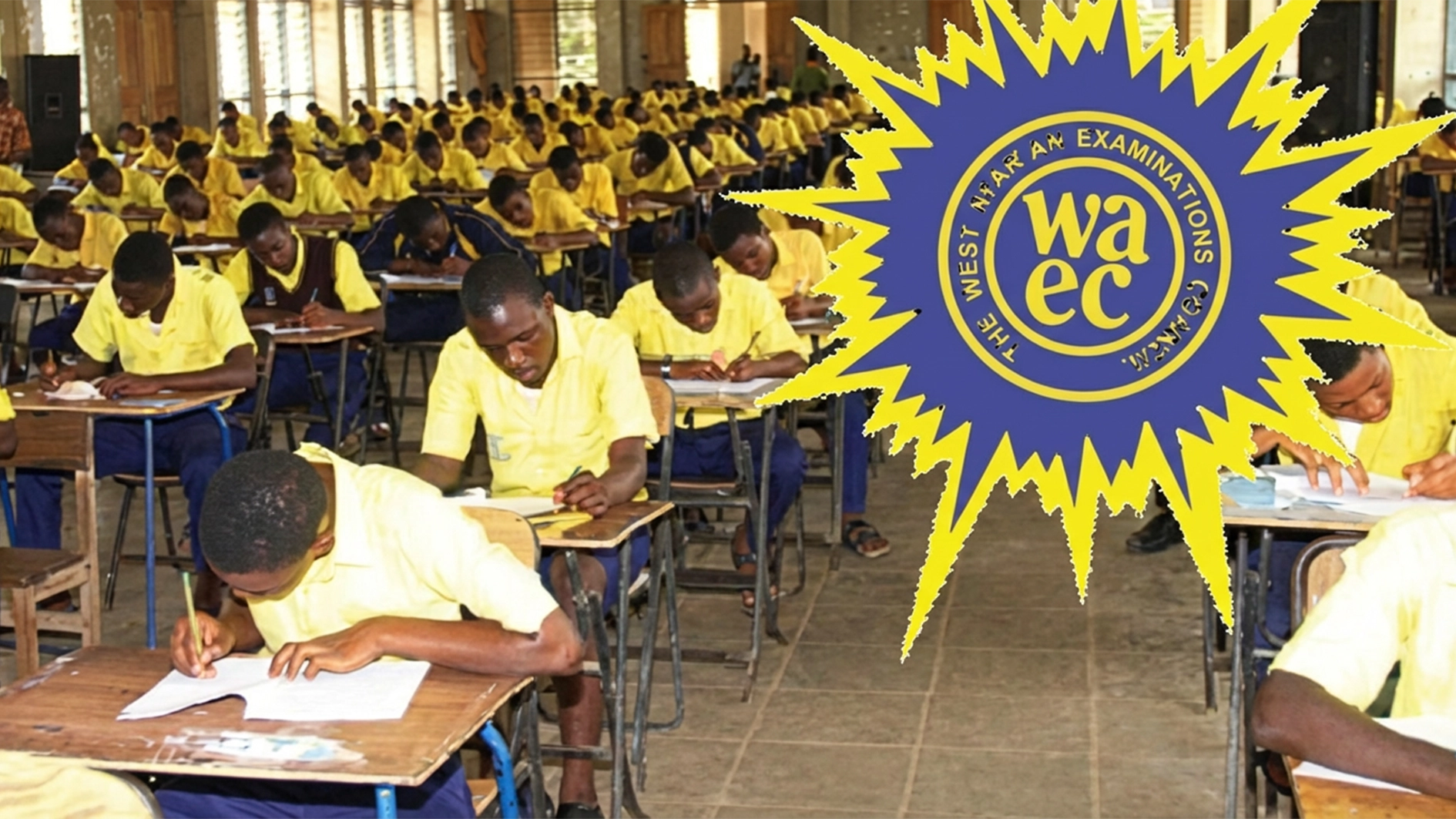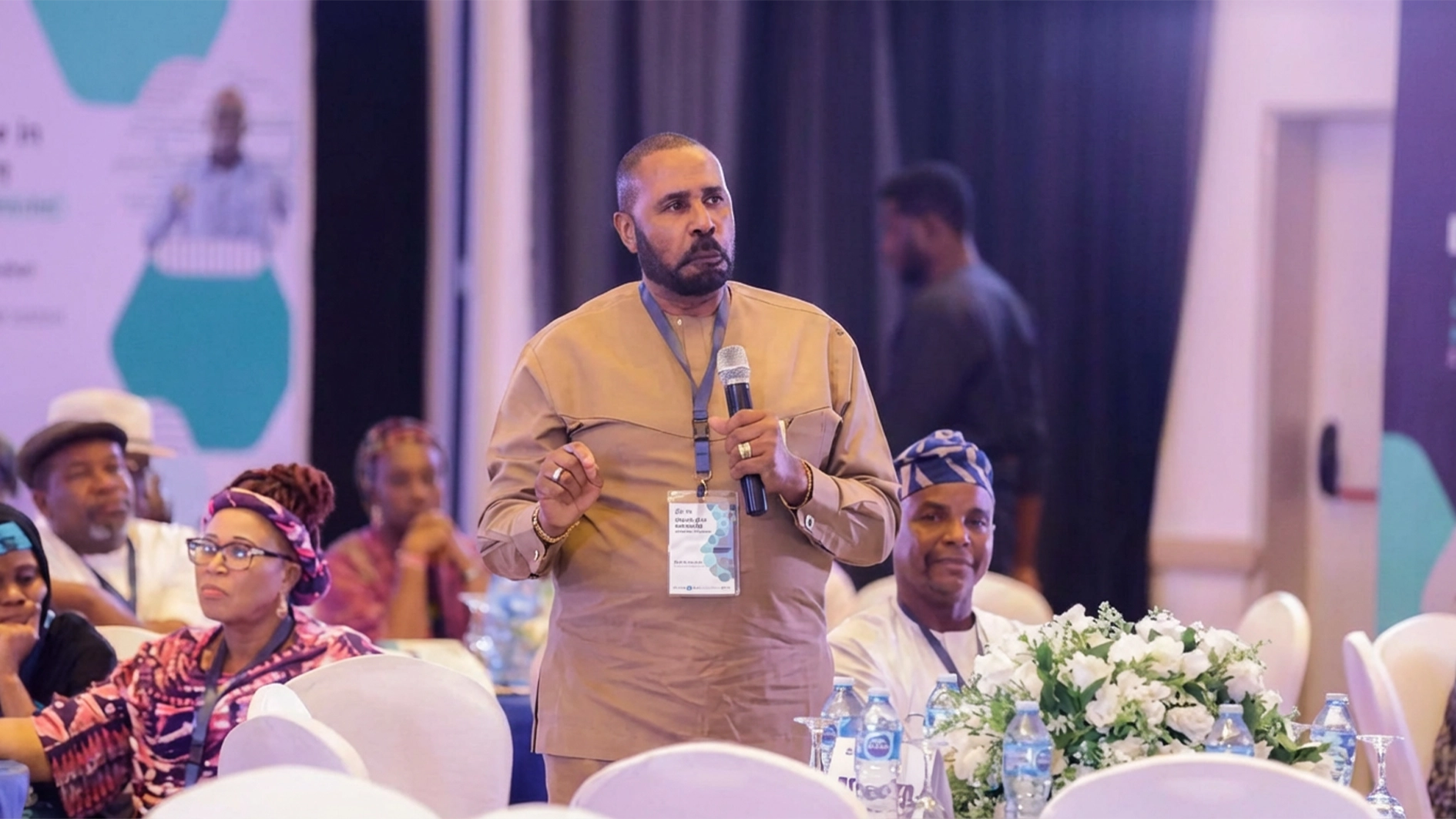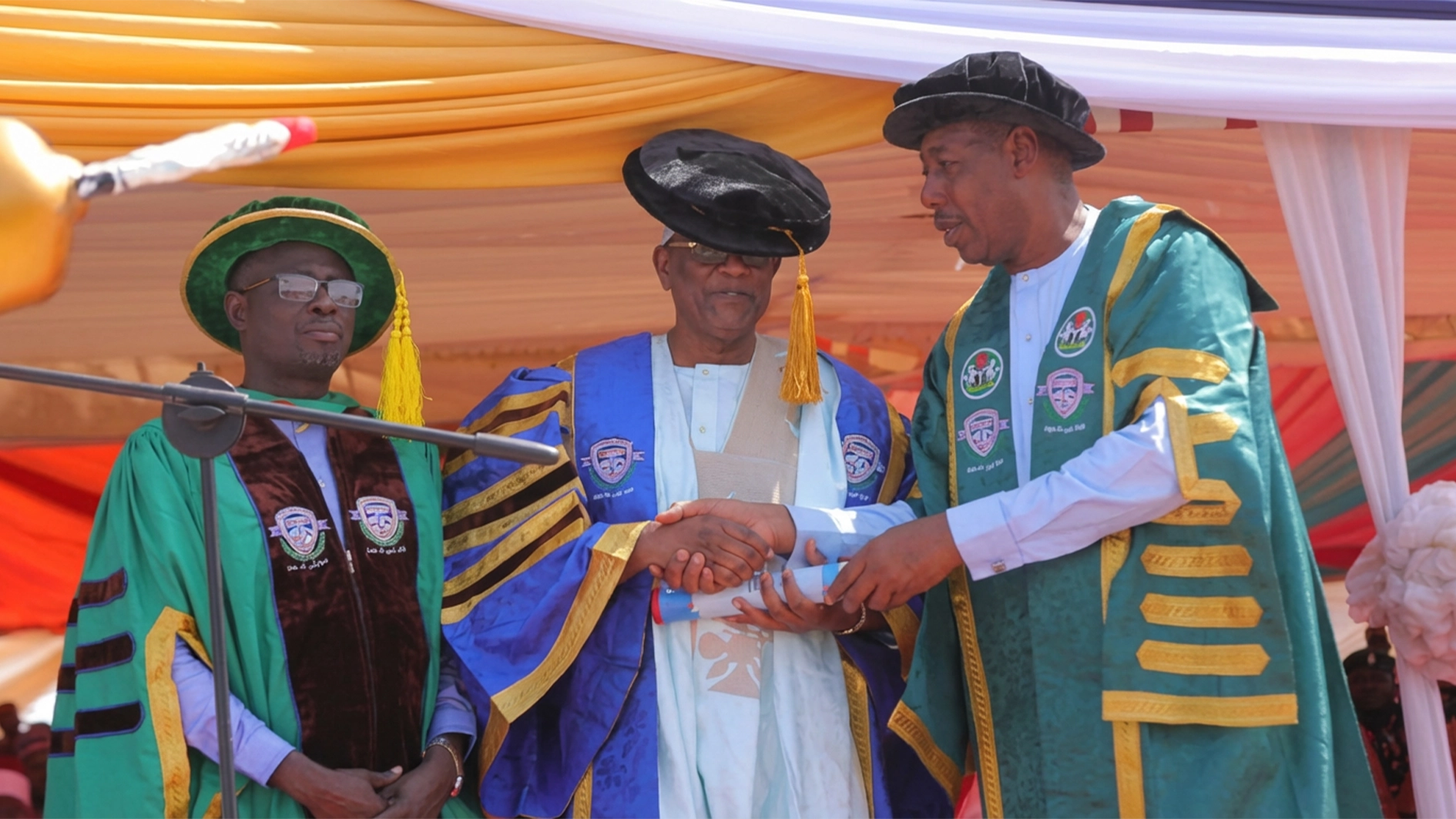The former governor of Kwara State, Mallam Abdulfatah Ahmed, has urged Nigerian universities to embrace the “Glocalisation” model in their academic and administrative contents.
The former governor, who was the guest speaker at the Alumni colloquium, being part of the activities marking the University of Ilorin’s 50th anniversary yesterday at the school’s main auditorium, explained that it is about integrating global knowledge with local context to create solutions that are both innovative and relevant, world-class and homegrown.
He regretted what he described as avoidable misdeeds for Nigerian varsities to tailor their activities alongside those of their foreign counterparts to the eventual neglect of local considerations.
Speaking on the theme: ‘From Unilorin to Glocalisation,’ he said that climate change is rewriting the rules of agriculture, energy and urban planning. Economic globalisation and its accompanying dislocations are redrawing maps of opportunity, which has led to the damaging migration of able-bodied Nigerians to better climes.
“Young Nigerians are migrating in record numbers, seeking abroad what they feel is unavailable at home.
“And universities everywhere face a difficult question: Are they still relevant? The implications of these rapid global transformations are stark and existential. We cannot rely solely on past achievements. The very steadfastness that has been our greatest strength can trigger stagnation if we are not intentional about renewal.
“The world will not wait for us. It will not slow down to accommodate institutional inertia.
“We must evolve, not by abandoning our core values, but by deepening and expanding them.
“We must become what I will call a glocal university: an institution that is simultaneously rooted in local context and engaged with global conversations; a university that adapts international best practices to Nigerian realities; a place where students learn to solve local problems with world-class tools and address global challenges with contextual wisdom.
“Rooted, yet reaching, this evolution ensures that we remain true to our foundations while addressing the demands of the future. This is not a departure from our identity. It is its fullest expression,” he urged.
On the GLOCALISATION as a theory, Abdulfatah, who was an alumnus of Unilorin, said: Let me clarify what glocalisation means and why it is vital for our institution’s future. It is not about pursuing international rankings, imitating Western universities or diluting our Nigerian identity.
According to him: “It is about integrating global knowledge with local context to create solutions that are both innovative and relevant, world-class and homegrown.
“We have seen this model work elsewhere, and it has also been successful here in Nigeria.
“Consider Stanford University. It did not become world-renowned by isolating itself from its local environment. It embraced Silicon Valley, building partnerships with technology companies, encouraging faculty and students to commercialise research and creating interdisciplinary labs where engineers, biologists and designers worked side by side.
“The innovations like Google and Hewlett-Packard have changed the world. Stanford’s global reputation is built substantially on its local engagement. Or consider Oxford University’s Begbroke Science Park. It is not just a research facility; it is a living laboratory where academics partner with businesses, government agencies and local communities to test ideas in real time, refine them based on feedback and scale them responsibly,” he said.
He urged the students, faculty and alumni to join in shaping curricula, forging industry ties, supporting new research and mentoring the next generation.
“Let us pledge today to apply our knowledge, resources and networks to drive this transformation, ensuring that our institution not only celebrates its proud past but boldly shapes the future for Nigeria and the world,” he encouraged.
He, however, added that the Curriculum for the Glocal Graduate (Nigerian graduates) must be equipped to thrive in both Nigerian and international contexts.
“This requires us to fundamentally rethink what and how we teach. We must integrate digital literacy and data fluency across all disciplines to ensure a comprehensive approach to education.
“Every graduate, whether studying history or biology, law or engineering, should understand how to interpret data critically, evaluate algorithmic systems intelligently and recognise the ethical dimensions of technology in society.
“The teacher who cannot navigate digital learning platforms, the doctor who cannot interpret AI-assisted diagnostics, the civil servant who cannot make evidence-based decisions using data, these professionals will struggle in the twenty-first-century workplace,” he said.
The chief host, Vice Chancellor Wahab Egbewole, urged the Alumni Association to establish platforms that would allow the school to track every graduate and provide avenues for graduating sets, course mates or combined alumni groups to express themselves meaningfully through a properly coordinated national body.
He said: “This body must interface more deeply with the University to harmonise these efforts and ensure lasting impact.
“As critical stakeholders, alumni must serve as brand ambassadors, mentors and sources of financial, intellectual and moral support,” he said, adding: “Alumni must look inward for ideas and outward for opportunities that can elevate the University in every form.
“The body must familiarise itself with the University’s strategic plans and build bridges, identifying critical partners such as telecommunications firms, research platforms, industries, security agencies and both local and international institutions that can be mobilised to support our growth,” he said.






